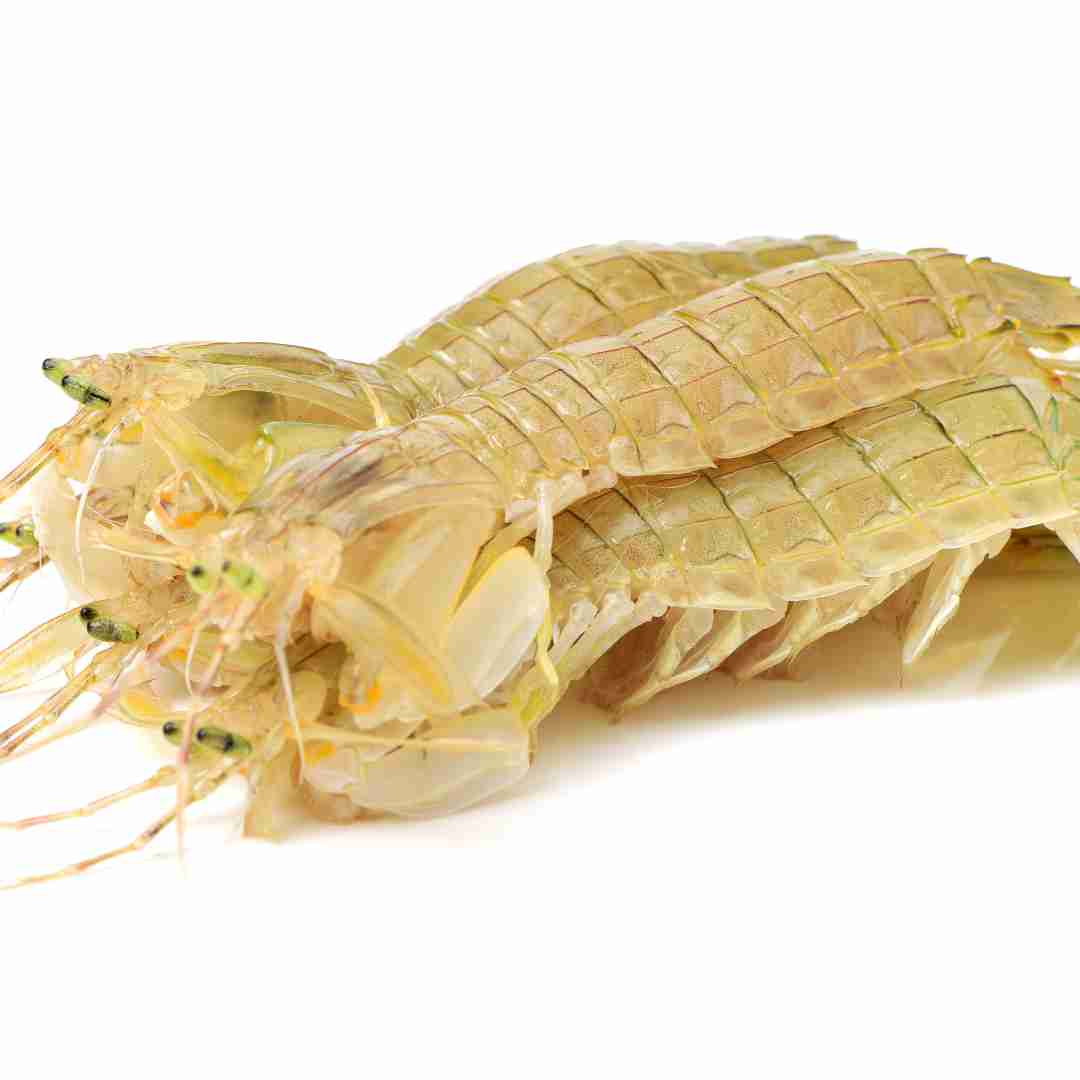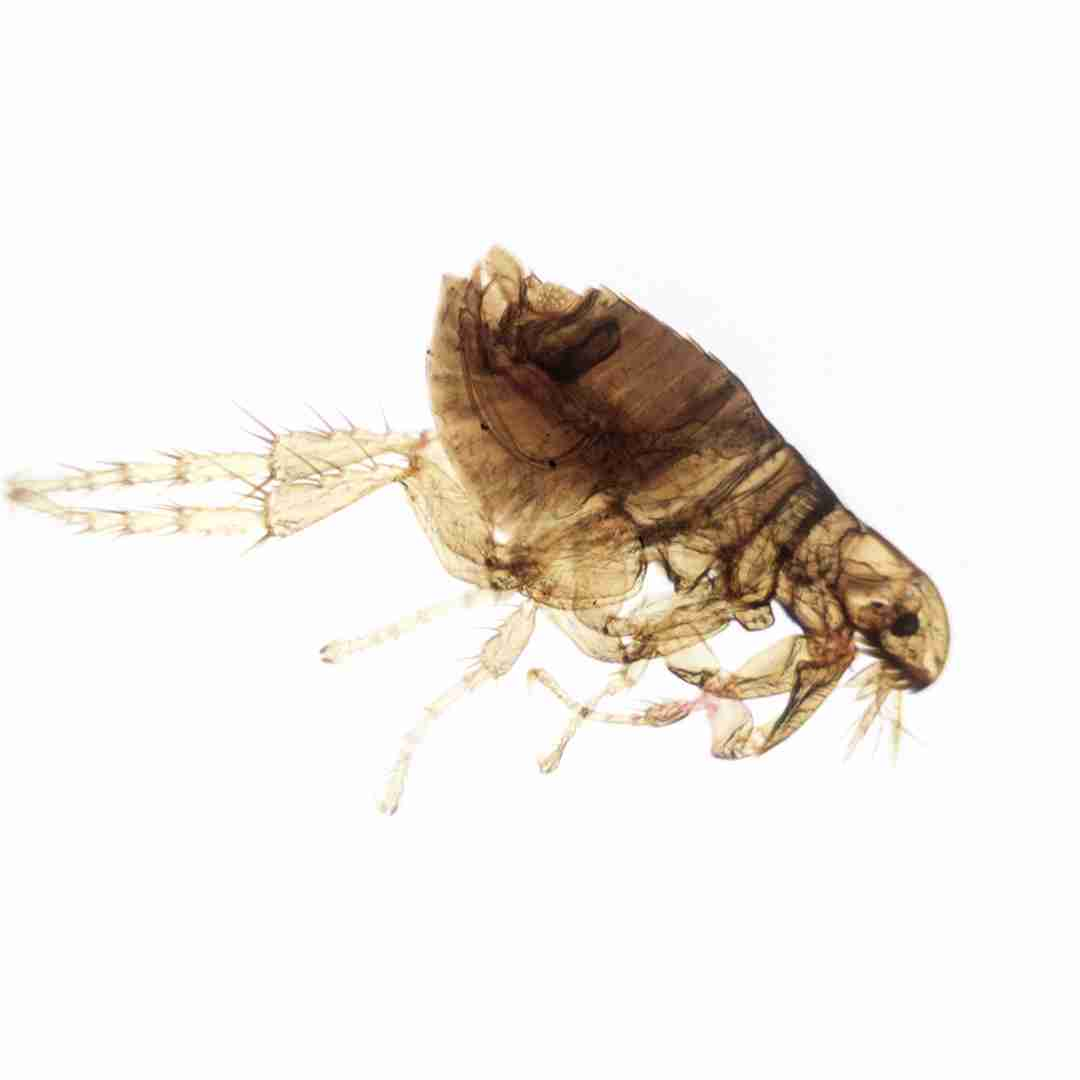Contents Table
Introduction
Rabbit Flea Prevention
Common Rabbit Flea Signs
Natural Rabbit Flea Treatments
Rabbit Flea Dangers
How to Detect Rabbit Fleas Early
Q&A
Conclusion
Introduction
Rabbits are great pets, but they get fleas too. Small, wingless fleas feast on blood. Untreated, they can cause rabbit skin irritation, anaemia, and death. Fortunately, rabbit fleas can be prevented and treated. We'll examine rabbit flea indicators, prevention, and treatment in this article.
Rabbit Flea Prevention
Untreated fleas can cause several health problems in rabbits. Luckily, there are various ways to keep fleas out of your rabbit.
Cleaning your rabbit's home is the first step. Regularly hoover and wash bedding and toys in hot water. Remove fleas and eggs with this. Cleaning and grooming your rabbit's fur is also crucial. Regular brushing removes fleas and eggs.
Step two is flea prevention. Available items include spot-on treatments, sprays, and powders. These items should be applied according package instructions. Some products are hazardous to rabbits, therefore use a rabbit-specific product.
Third, keep your rabbit away from flea-infested animals. Keep other pets away from your rabbit since they may have fleas. Keep your rabbit away from parks and pet stores where other animals may have been.
Following these procedures can help keep fleas out of your rabbit. Fleas can cause major health problems if left untreated, so act quickly. Consult your vet if you suspect your rabbit has fleas.
Common Rabbit Flea Signs
To protect your rabbit from fleas, you must know their signs. Rabbit flea indicators include:
1. Excessive scratching and biting: Fleas may cause your rabbit to scratch or bite more than normal.
2. Hair loss: Fleas can cause bald patches or thinning fur in rabbits.
3. Skin irritation: Fleas can cause redness, lumps, or scabs on rabbits.
4. Flea dirt: Rabbits have little black spots of flea faeces on their fur.
If your rabbit has any of these flea indicators, take action to protect it. Consult your rabbit's vet about flea prevention and treatment.
Natural Rabbit Flea Treatments
Rabbits often get fleas, which can cause several health problems. There are several natural rabbit flea treatments.
One of the best natural flea treatments is diatomaceous earth. This powder is created from fossilised diatoms, microscopic aquatic creatures. Powder applied to rabbit fur dehydrates and kills fleas. Use food-grade diatomaceous earth since other forms may poison rabbits.
Garlic is another natural flea treatment. Garlic can be added to rabbit diet or water to kill fleas. Garlic can kill rabbits if used in excess.
Another natural flea treatment is apple cider vinegar. It can be sprayed on rabbit fur or mixed to water. The acid in vinegar kills fleas and other parasites.
Essential oils can also repel pests. Lavender, peppermint, and eucalyptus oils repel fleas. Water can be added to a spray bottle to apply these oils to rabbit fur.
These natural methods can treat rabbit fleas. Before utilising any of these therapies, consult a veterinarian because some can be hazardous if misused.
Rabbit Flea Dangers
Untreated fleas can cause several health problems in rabbits. Fleas are wingless, blood-feeding insects. Rabbits, cats, dogs, and others have them.
Fleas can cause anaemia, skin irritation, and mortality in rabbits. Rabbit blood fleas can cause anaemia by reducing red blood cells. This can make rabbits weak and lethargic. Fleas bite rabbits, causing itching and scratching. This can make the rabbit uncomfortable and infected. In extreme circumstances, fleas can kill rabbits by taking their blood.
Keeping fleas out of your rabbit is crucial. Fleas can be reduced by regular rabbit grooming and cleaning. Spot-on, spray, and powder flea treatments can also assist. If your rabbit has fleas, take it to the vet. Your vet can provide you the best flea treatment and prevention tips.
You can keep your rabbit healthy and happy by preventing and treating fleas.
How to Detect Rabbit Fleas Early
Early rabbit flea detection is crucial to pet health. Fleas can cause anaemia, skin irritation, and tapeworms. Knowing how to spot fleas on your rabbit will help you protect it.
Rabbit fleas frequently cause excessive scratching or grooming. If your rabbit scratches more than normal, check it out. Small, dark fleas are hard to notice. A flea comb might help you find them. A particular comb with fine teeth may identify fleas and their eggs.
Flea dirt indicates fleas. Flea droppings appear like dirt but are black and granular. Part your rabbit's fur and search for black flecks to discover flea dirt. If your rabbit has flea filth, it has fleas.
Finally, your rabbit may have little red lumps. Flea bites produce itchy, unpleasant lumps on pets.
Take immediate action if you suspect your rabbit has fleas. Many flea remedies can eliminate fleas and safeguard your cat.
Q&A
1. Do rabbits catch fleas?
Rabbits can get fleas. Rabbits often have fleas, which are hard to eradicate.
2. How can rabbits get fleas?
Rabbits can catch fleas from cats, dogs, and their environment. Fleas can enter the home on clothing or furniture.
3. What are rabbit flea signs?
Rabbits with fleas scratch excessively, lose hair, and develop scabs or sores.
4. How can I keep my rabbit flea-free?
Maintaining a flea-free environment is the greatest approach to protect your rabbit. Vacuum regularly and use vet-recommended flea control.
5. Can I treat my rabbit for fleas?
Rabbit flea treatment should be done by a vet. Topical or oral treatments and environmental controls may be used.
Conclusion
In conclusion, rabbits can get fleas, but less often than other animals. If your rabbit gets fleas, cure them and prevent their return. Brushing and cleaning your rabbit's habitat can eliminate fleas.
